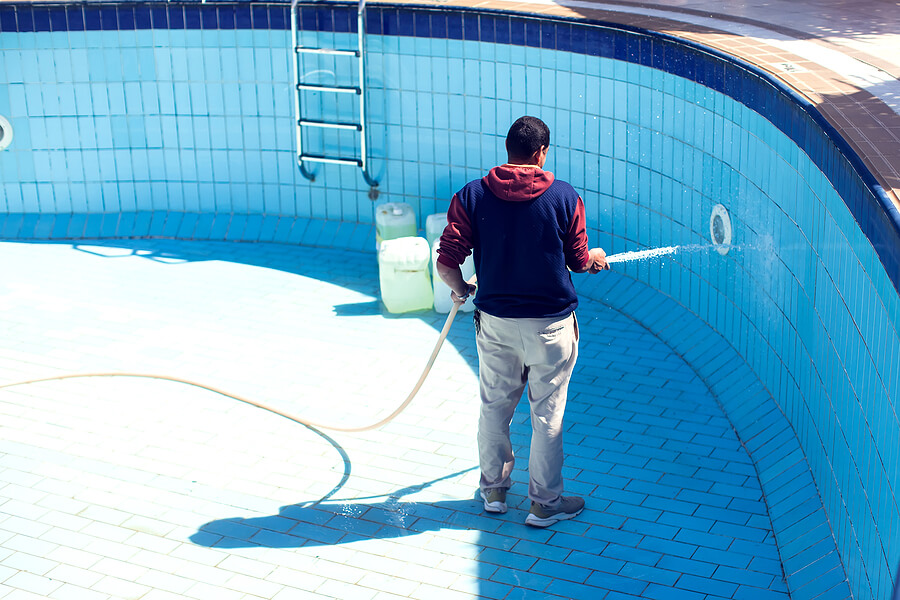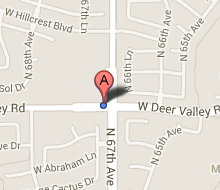Time for a Calcium Clean Up?
Pools need maintenance and this can include a calcium clean up too. Even if you keep up with regular cleaning, hot days and hard water can lead to calcium deposits. Pools provide hours of enjoyment for your family, but they also require proper maintenance.

Depending on the type of calcium scale you have, the issue can be fairly easy or pretty difficult to clean. Either way – why not let the professionals handle it? When in doubt, it’s best to call in an experienced pool care company to take care of the problem for you. Let’s learn a little bit more about calcium scaling and how to know when it’s time for a calcium clean-up.
Identifying Calcium Build-Up
There are two types of calcium build-up that can appear in your pool. The first is calcium carbonate, which is a white, flaky substance that is fairly easy to remove. You can determine if your pool has calcium carbonate scaling by applying a small amount of muriatic acid. If the acid starts to bubble or foam, then it is calcium carbonate.
The other kind of scaling is calcium silicate. This is a grayish-white substance that is much harder to remove than calcium carbonate. You can use the same method mentioned above to test if your scale is silicate. After adding the muriatic acid, there should be little to no reaction (compared to the bubbling reaction to carbonate).
Are Calcium Deposits Bad for Your Pool?
The calcium scale in your pool becomes much more of a problem the longer you leave it. Calcium buildup can irritate your skin and eyes and make your pool water look less than appealing to swim in.
Pool scale may also clog your pool’s filter, which is built to handle small bugs and leaves, not hard calcium deposits. If left for a long time, calcium deposits can also cause damage to your pool tiles, and may even lead to the need for pool refinishing!
How to Remove Calcium Scale
Removing calcium carbonate is a fairly simple process. The best way to remove carbonate is to use a calcium releaser/cleaner. It’s best if these products are acid-free, to avoid damaging your pool tiles. If the build-up is stubborn, you can also try using a pumice stone or scale remover.
Calcium silicate, on the other hand, is much harder to remove. This is because this type of scaling has been present much longer than carbonate and has had time to harden. These deposits require a pumice stone and a lot of heavy scrubbing. If this fails, you can also try using a professional calcium remover. Ultimately, the best plan of action is to call on pool cleaning experts for help.
Professional Calcium Cleaning at Pink Dolphin
Calcium build-up in your pool can be a very annoying problem. The longer it’s left, the bigger a problem it becomes. Depending on the type and how long it has been sitting, the cleaning process can be quick and easy or almost impossible!
If you’re in need of a calcium clean-up, call in the experts at Pink Dolphin pool care. We have years of experience dealing with tough calcium scaling and have the knowledge and tools to get the job done right.







